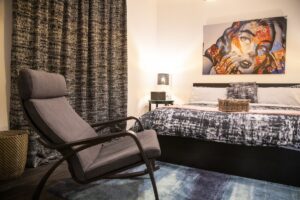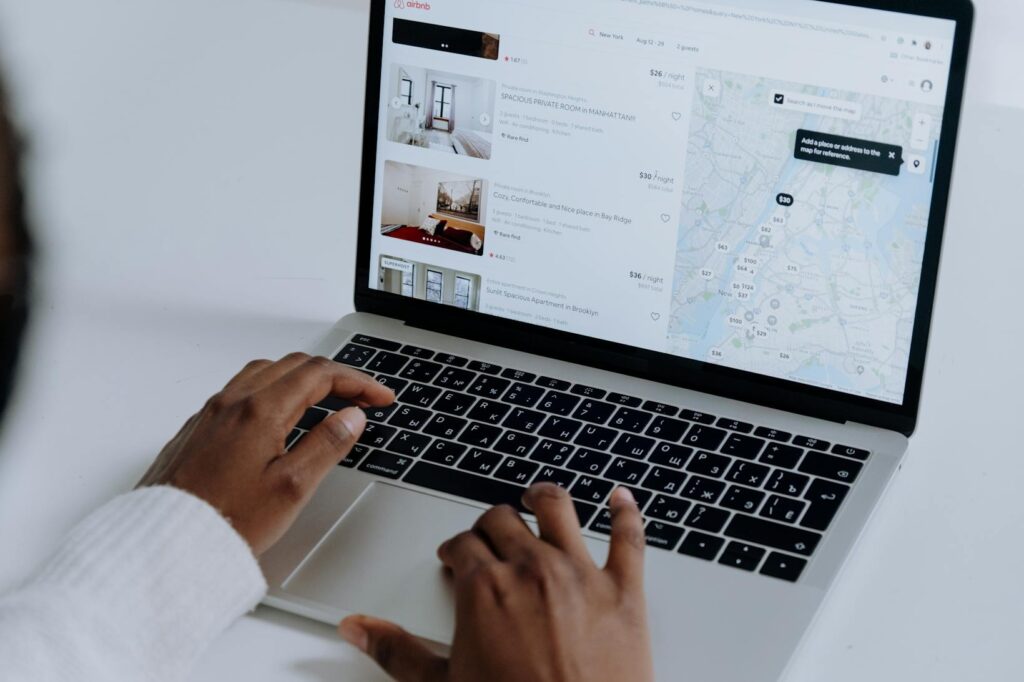Dreaming of entering the world of Airbnb? It’s a lucrative venture, indeed. But before you dive in, it’s crucial to understand the financial landscape you’ll be navigating. This article will shed light on the various costs associated with starting an Airbnb business.
From property acquisition and renovation expenses to ongoing operational costs, there’s a lot to consider. We’ll break down these costs, helping you to make an informed decision about your Airbnb investment.
Stay tuned as we unravel the mystery of Airbnb startup costs, providing you with the knowledge you need to kickstart your journey in the home-sharing industry.
Airbnb Startup Cost

Examining Airbnb startup costs begins with gaining clarity on the investments associated with this venture. First on the list stands the initial capital outlay, primarily directed towards securing a property. This expenditure varies, depending on the location, size, and the market value of the property.Strictly abiding by housing regulations and quality standards is mandatory; hence, some renovation might be necessary. These renovation expenses range from minimal improvements like painting and furniture upgrades to extensive remodelling to meet specific market demands.
Lastly, operational fees such as maintenance, cleaning, and Airbnb’s service charges play an integral part in the financial structure. Maintenance and cleaning costs shift with the property’s size and location, while Airbnb imposes a 3% to 5% service fee on hosts for every booking. A host also invests in amenities and supplies, like linens, toiletries, and refreshments, enhancing the guest’s stay and overall experience. If incorporating professional photography services, to better showcase the property in the Airbnb listing, factor in this additional expenditure as well. These costs collectively constitute Airbnb startup costs, helping potential hosts predict their financial commitment to this business.
Key Factors Influencing Airbnb Costs
When it comes to Airbnb startup costs, three defining factors are Property Acquisition, Renovation Expenses, and Operational Costs. Property Acquisition often serves as the most significant expense. Factors such as location, size, and market value greatly impact this cost. Renovation Expenses straddle a wide range, encompassing everything from minor upgrades to extensive remodeling. Adhering to housing regulations and ensuring quality standards contribute to this cost. Lastly, Operational Costs include maintenance, cleaning, and Airbnb’s service charges. Property size and location determine these costs. Additional expenses include amenities and professional photography services to enhance guests’ experience. Recognizing these essential components allows potential hosts to accurately anticipate their financial obligations.
Strategies to Minimize Initial Expenses

Purchasing properties with essential furnishings, for instance, helps cut down renovation expenses. Pick places that need less renovation, illustrated by pre-installed utilities, essential furniture, and favorable structural design. Investing in energy-efficient devices, like LED lights, ensures lower energy costs. Opting for durable materials, such as stainless steel appliances, results in lower maintenance costs. Collaborating with local cleaning services and suppliers can optimize operational costs, given their familiarity with market rates and potential discounts. Employing professional platforms for list publishing, like Airbnb’s own platform, reduces the need for external marketing costs. Practice Regular Maintenance – Regular maintenance prevents costly repairs, by addressing issues such as minor leaks or repairs earlier.
Potential Revenue and Return on Investment

Understanding the startup costs of an Airbnb business is only half the battle. It’s equally crucial to consider the potential revenue and return on investment. The strategies discussed in this article can help hosts manage their financial commitments effectively, from property acquisition to operational costs. By minimizing renovation expenses and optimizing energy use, hosts can maximize their profits. Regular maintenance prevents costly repairs, ensuring a smooth-running operation. Partnering with local vendors and leveraging Airbnb’s platform can further boost operational efficiency.
Remember, a successful Airbnb business doesn’t just depend on managing costs but also on maximizing revenue. So, while it’s important to keep startup costs in check, don’t forget to focus on providing an exceptional experience for your guests. This will help drive repeat bookings and positive reviews, ultimately increasing your return on investment.
